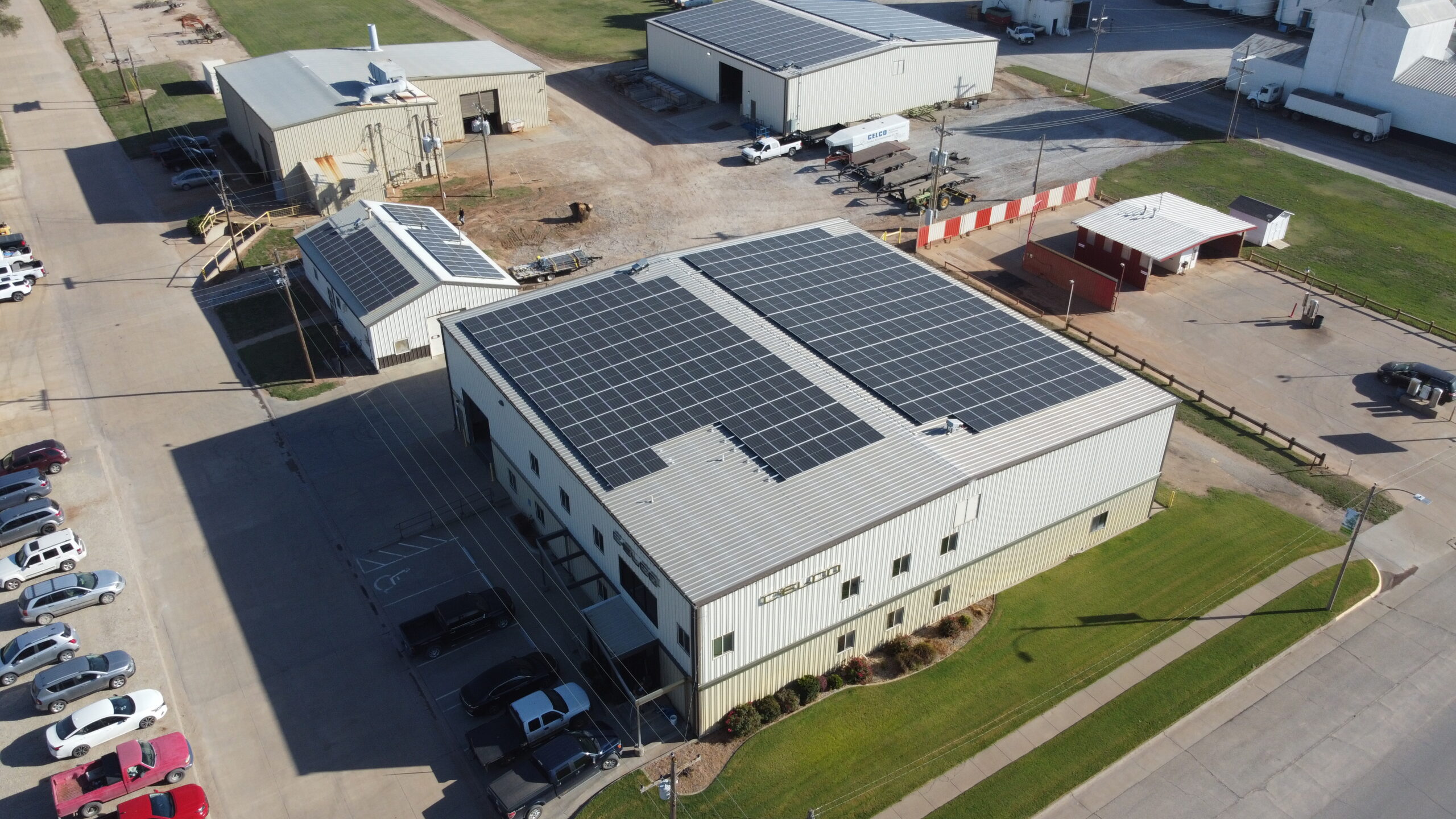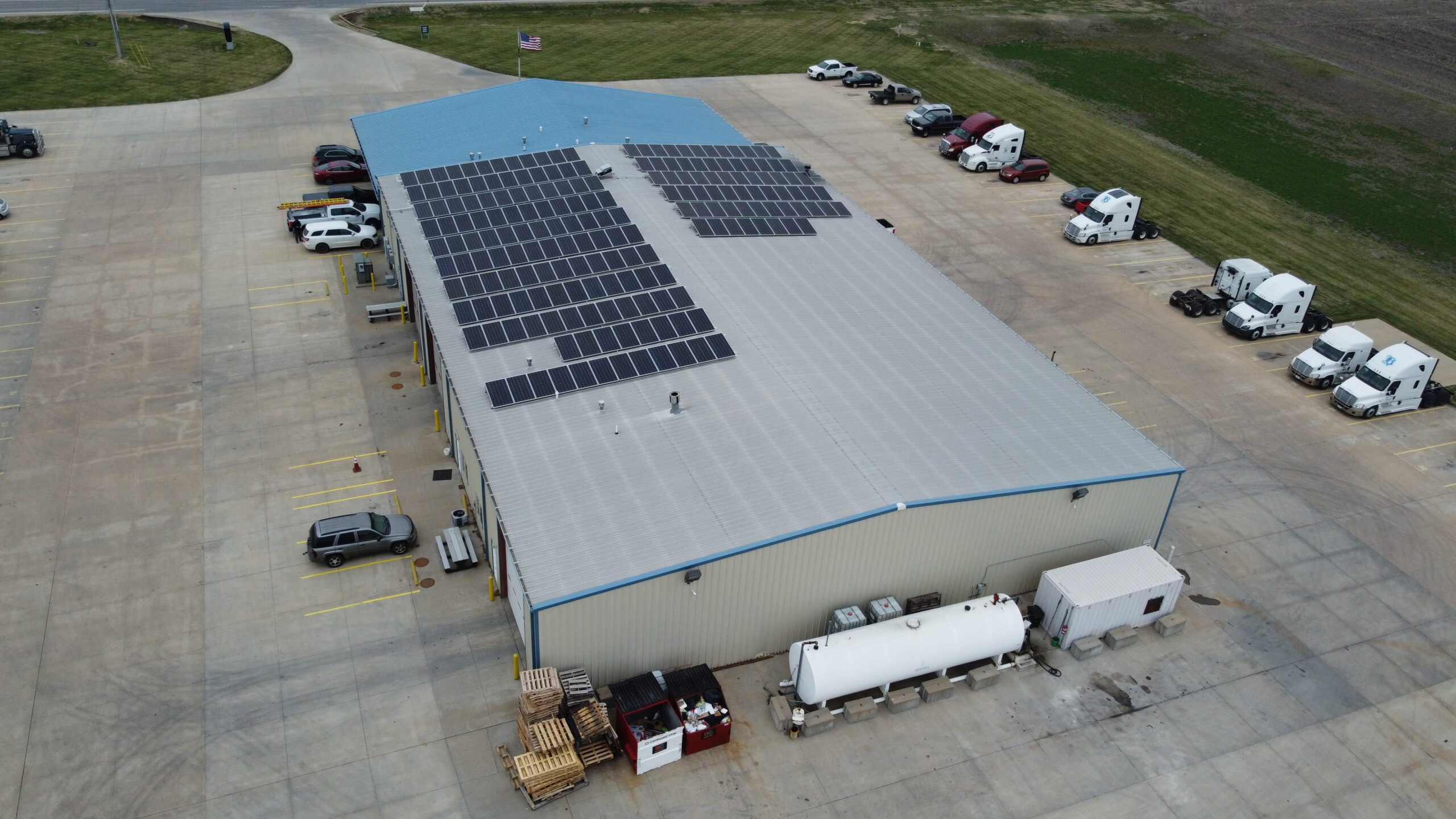Updated 4.4.2023
The USDA Rural Energy for America Program (REAP) has long been a valuable resource for rural businesses looking to reduce their energy costs and environmental impact. However, recent changes to the program have made it even more attractive, thanks in part to the Inflation Reduction Act.

Under the newest guidelines, released on March 31st, rural businesses can now receive up to 50% of the cost of a solar project covered by the REAP program. This is a significant increase from previous levels, and it means that more businesses than ever before can take advantage of this program to help them go solar and reduce their energy bills.
On March 31st the USDA announced that they would also be releasing an additional $1 billion to fund the REAP program. They have also added three more application deadlines. The USDA is now accepting quarterly applications for the REAP program.
In addition to the increased coverage available under the REAP program, the Investment Tax Credit has also been expanded under the Inflation Reduction Act. This credit, which is available to businesses that invest in renewable energy projects, now offers even greater incentives for rural businesses to invest in solar energy.
Combined, these changes mean that the economics of solar energy have never been more favorable for rural businesses. With the cost of solar technology continuing to fall, and the incentives available through programs like REAP and the Investment Tax Credit, it is now easier than ever for rural businesses to make the switch to solar energy and start reaping the benefits.
So why should rural businesses consider going solar? For one, solar energy is a clean, renewable source of energy that can help businesses reduce their carbon footprint and contribute to a more sustainable future. Additionally, solar energy can help businesses save money on their energy bills over time, which can be especially important for small businesses operating on tight budgets.
Furthermore, investing in solar energy can be a smart long-term financial decision for rural businesses. By reducing their reliance on traditional energy sources, businesses can protect themselves against the volatility of energy markets and potentially save money in the long run.
Overall, the changes to the REAP program and the Investment Tax Credit under the Inflation Reduction Act have made solar energy an even more attractive option for rural businesses. By taking advantage of these programs and making the switch to solar energy, businesses can reduce their environmental impact, save money on their energy bills, and make a smart long-term investment in their future.





